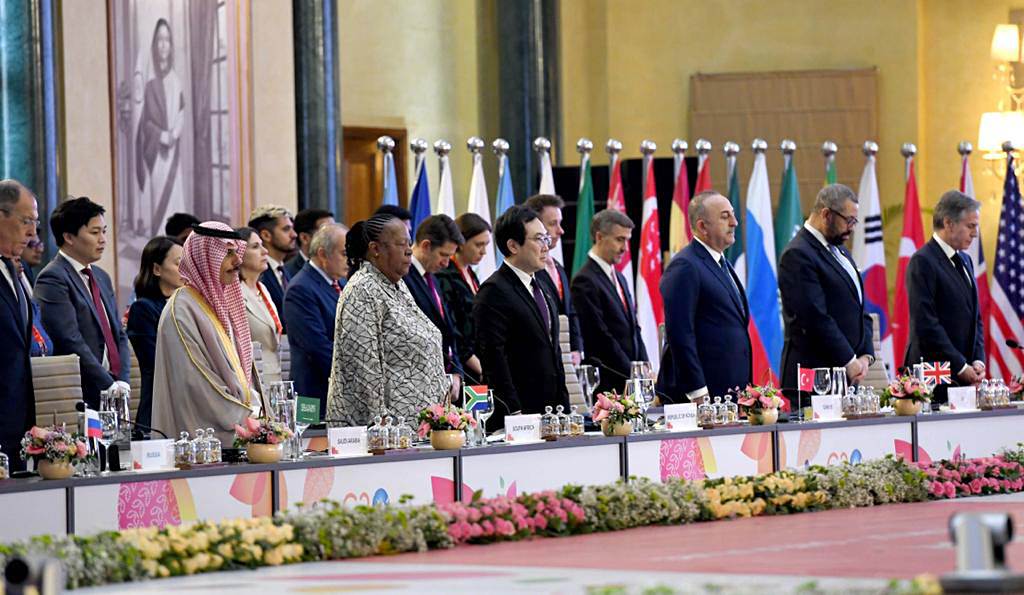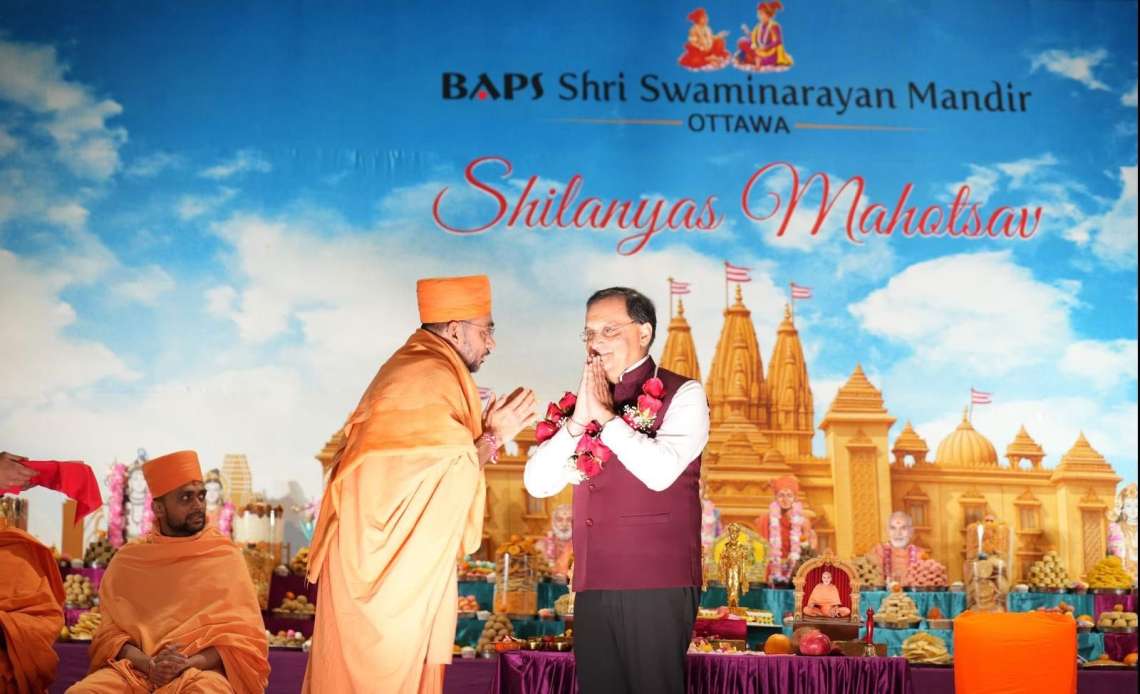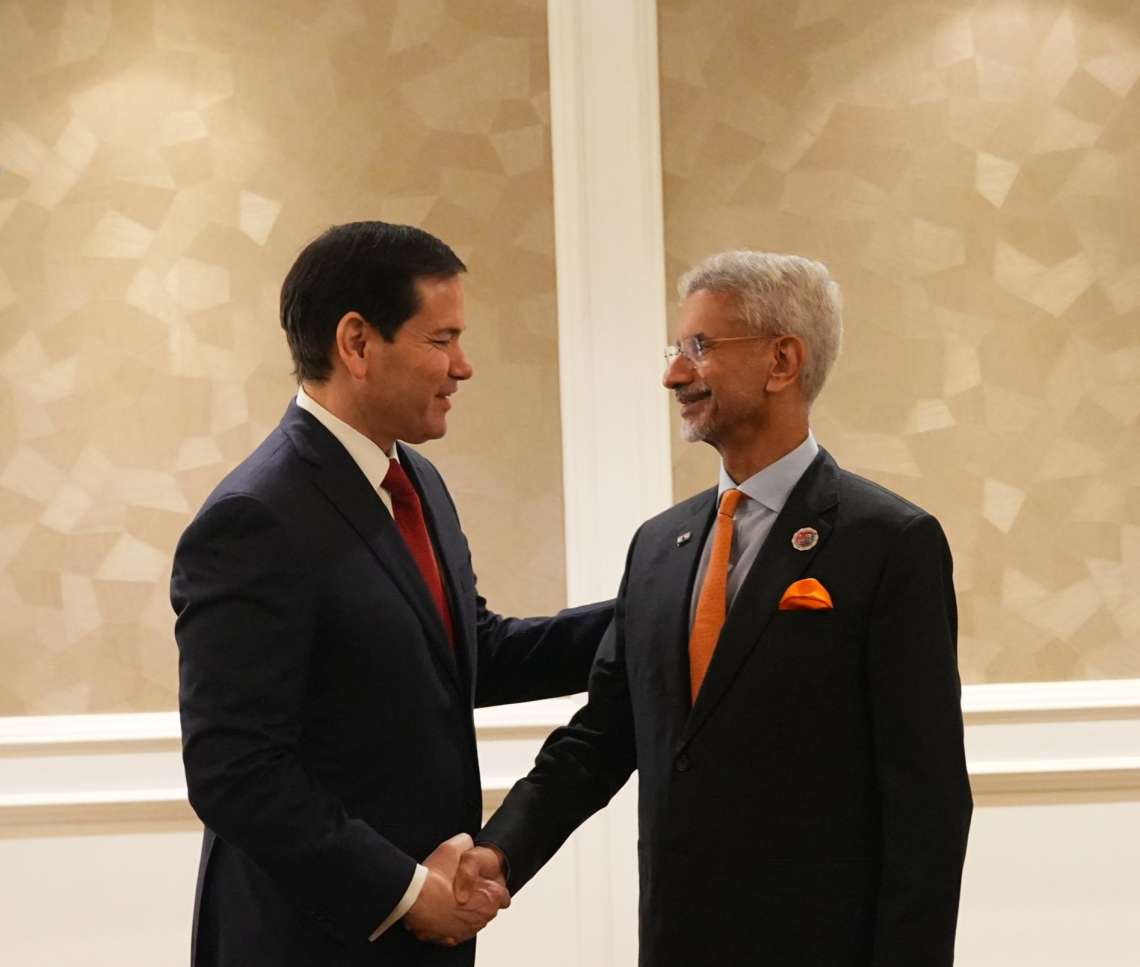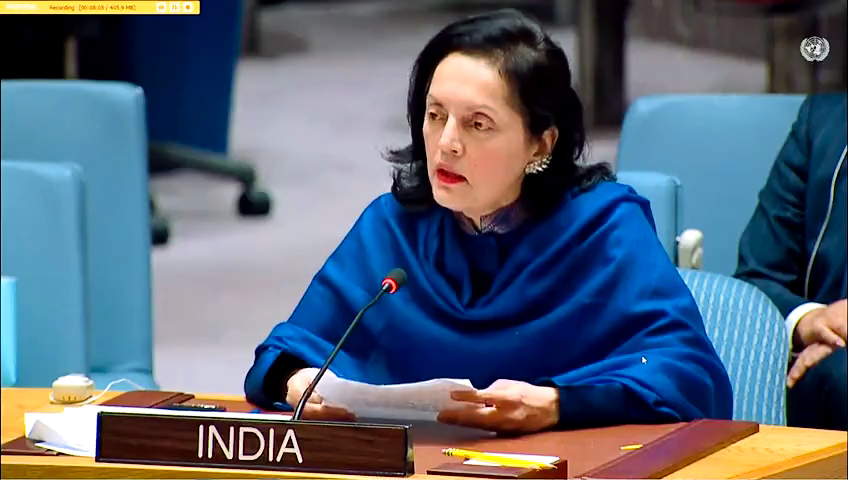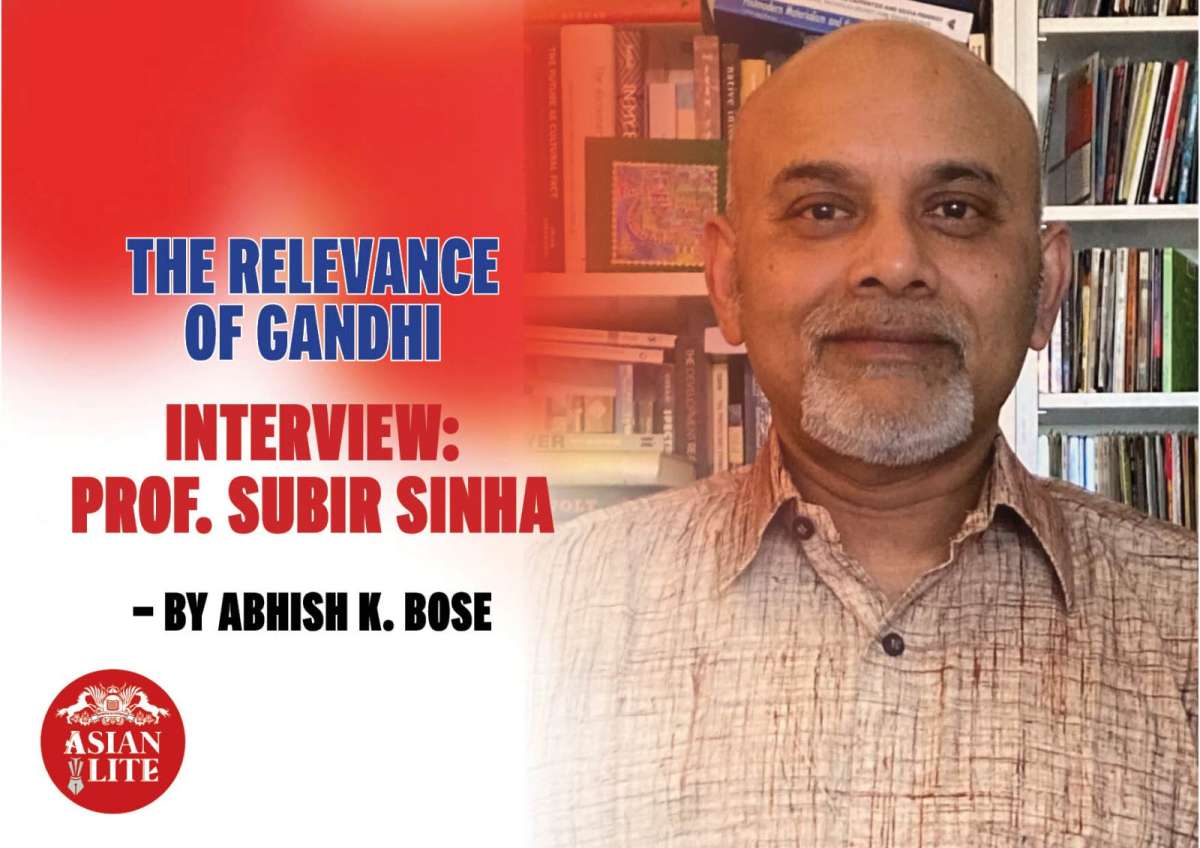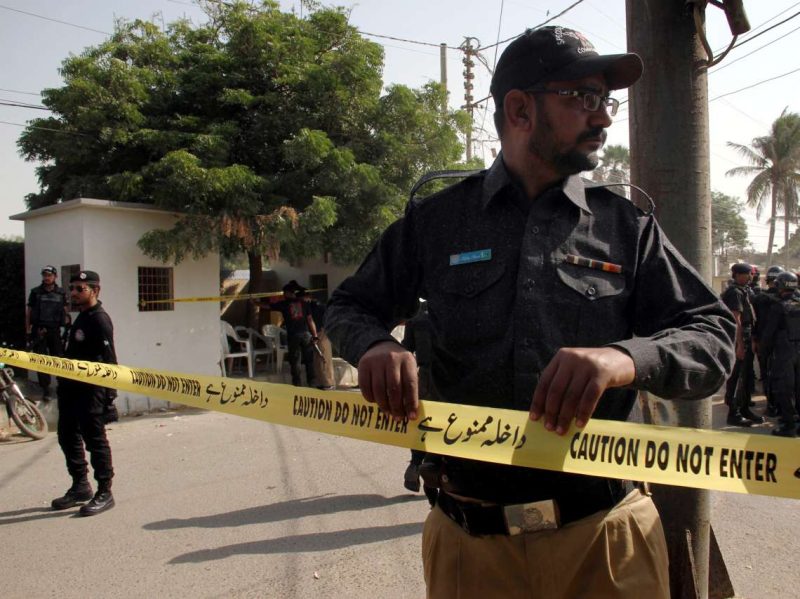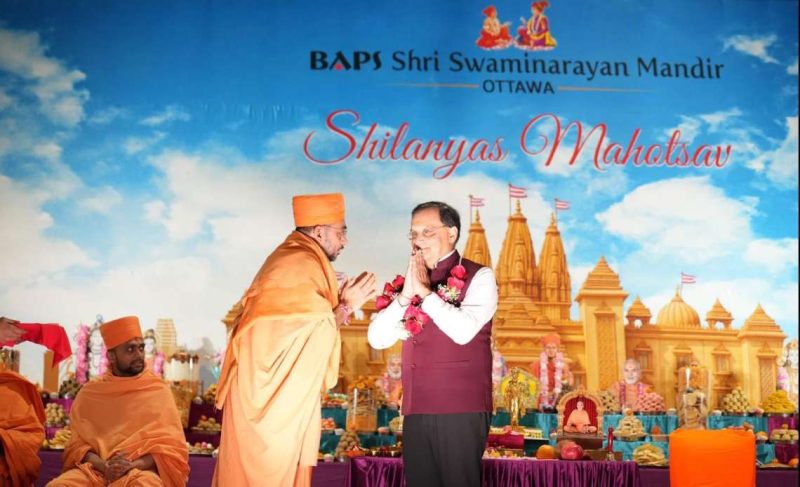During the G20 meeting’s session on promoting multilateralism, development cooperation, food and energy security, Prince Faisal reiterated the importance of resolving conflicts and political tensions…reports Asian Lite News
India’s G20 presidency has helped strengthen the bilateral ties and cooperation partnerships with Saudi Arabia.
Since the last few years, India-Saudi Arabia relations have become comprehensive and robust, with the kingdom not only becoming New Delhi’s fourth largest trading partner but also an important collaborator in the joint combat against all forms of terrorism, money laundering, and terror financing.
It is noteworthy that the bilateral trade in the fiscal year 2021-2022 stood at US$42.8 billion, and the kingdom alone accounts for 18 percent of India’s energy import, which reflects the significance of the country from the standpoint of New Delhi’s energy and economic security calculus. Simultaneously, military-security and defence cooperation have also gained momentum, which has been triggered by a certain commonality of security threats and challenges, and the interests of the respective governments to collaborate in the defence industrial sector.
That said, the ties between the two countries, now, are not only concentrated on the oil-energy trade alone but both sides have started to explore the possibilities of working together on domains such as renewable energy, climate change, healthcare, food security, education, technology, etc.
These, apparently, are some of the important areas that G20 presently focuses upon, and were also adequately highlighted in the G20 Bali Leaders’ Declaration of November 2022. In view of this, within the larger framework of this forum, both countries, in all likelihood, would use it as a platform to scale up their bilateral cooperation, with a possibility to establish ‘mini-lateral’ engagements with like-minded member countries on some aspects.
Lately, India as well as Saudi Arabia are placing immense importance towards investing in the respective renewable energy sector. It is discernible that forging partnerships in this particular area has gained increasing traction in India’s foreign policy over the last few years, and so is the case with Saudi Arabia. In November 2020, Narendra Modi, the Indian Prime Minister, called on foreign investors to “invest on their own” or to collaborate with Indian companies in the country’s green energy sector. Similarly, Saudi Arabia, striving to reduce its dependency on a hydrocarbon-based economy, is investing in the same sector. In line with its Saudi Vision 2030 programme, it launched (in 2021) the Saudi Green Initiative which works on “increasing Saudi Arabia’s reliance on clean energy, offsetting emissions, and protecting the environment…”
In light of this, Riyadh, ushering in a new era of energy diplomacy, is building partnerships with countries that have similar ambitions. This, to a great extent, has facilitated the need to expand cooperation with India in the renewable energy sphere. While the Indian government works towards generating 450 Gigawatt—about 60 percent— of electricity using renewable and clean sources, Saudi Arabia also aims at about 50 per cent, both to be achieved by the year 2030.
The G20 talks on Thursday were dominated by tensions over Russia’s invasion of Ukraine, which prevented them from finding enough common ground to deliver a joint statement at the end of the summit.
The G20 meeting was followed by Indian Foreign Minister Subrahmanyam Jaishankar’s individual discussions with some of the participants. In a morning meeting with his Saudi counterpart Prince Faisal bin Farhan, he said he had discussed “global developments.”
“A good conversation this morning with FM Faisal bin Farhan of Saudi Arabia,” Jaishankar said on Twitter. “Appreciate Saudi Arabia’s support in the G20. Also discussed global developments.”
During the G20 meeting’s session on promoting multilateralism, development cooperation, food and energy security, Prince Faisal “reiterated the importance of resolving conflicts and political tensions hindering effective action on facing global challenges and exacerbating economic fragmentation,” the Saudi Press Agency reported.
He also “praised the efforts of the Indian government during its presidency of the G20,” as New Delhi has been trying to enhance multilateral action in light of the current global political and economic challenges.
Experts see the Saudi foreign minister’s engagements in India as bringing the two countries closer together on global political issues.
“The main point about Saudi foreign policy is that it is following an independent foreign policy based on strategic autonomy. This makes the Kingdom very close to India in its approach,” said Talmiz Ahmad, former Indian ambassador to Saudi Arabia.
“The most important aspect in the message that is coming to me from G20 at the moment is the need for countries of the South to cooperate with each other. I do not believe there is any prospect in the near future of Western countries participating in any serious dialogue relating to global issues.”
Talmiz said that it was now time for countries like Saudi Arabia and India to cooperate even closer. Muddassir Quamar, Middle East expert and fellow at the Institute of Defence Studies and Analyses in New Delhi, said that now was the right moment for New Delhi and Riyadh to broaden cooperation.
“There is immense political and diplomatic momentum in favor of strengthening the ties,” he said.
“The two sides have many mutual and shared interests when it comes to issues of the Global South, including climate change, net zero and so on, and they have been cooperating on these issues at the G20 as well as other forums.”


